Talk Overview
Many scientists became scientists because they were influenced by an inspirational teacher. Murray argues that while this should be reason enough to teach, there are also other, more selfish, reasons. These include attracting good students to your lab, as well as being able to explain to someone you meet at a cocktail party what it is that you really do.
Speaker Bio
Andrew Murray
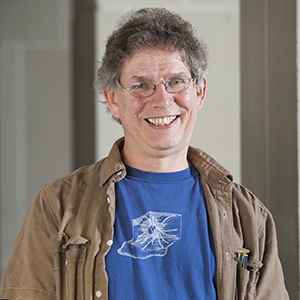
Andrew Murray received his undergraduate education at Clare College, Cambridge and his Ph.D. from Harvard Medical School. He then spent 15 years at the University of California, San Francisco as a post-doctoral fellow and faculty member before returning to Harvard. Currently, Murray is a Professor of Molecular and Cellular Biology and co-director of the… Continue Reading
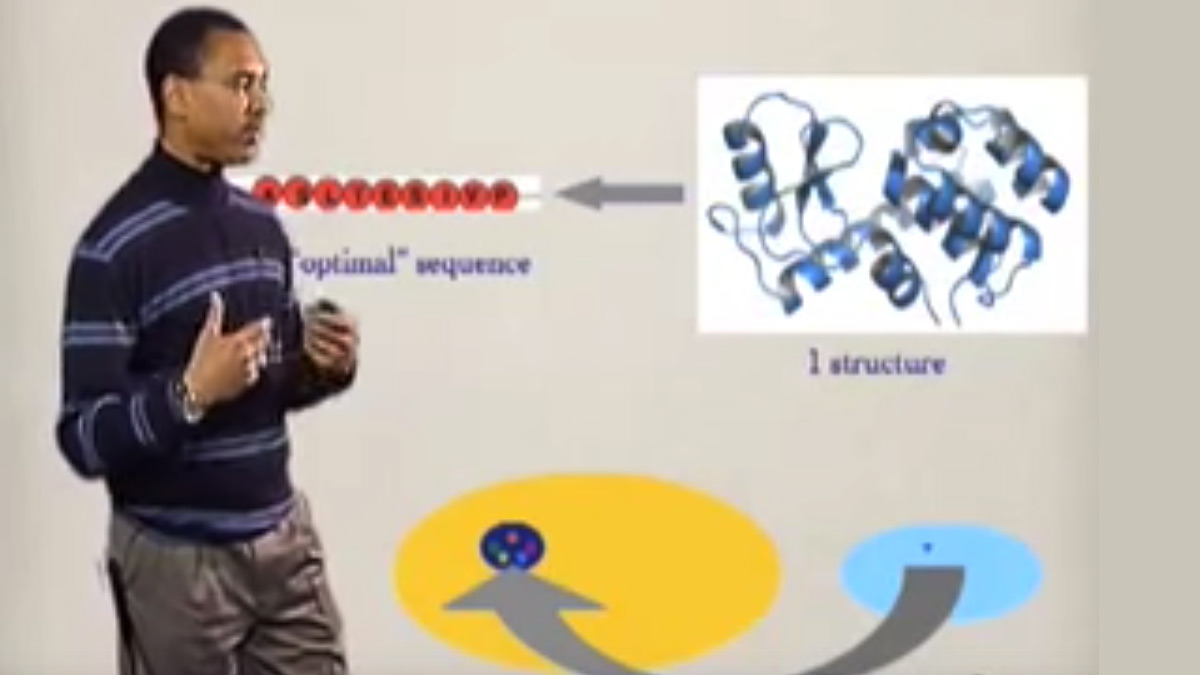
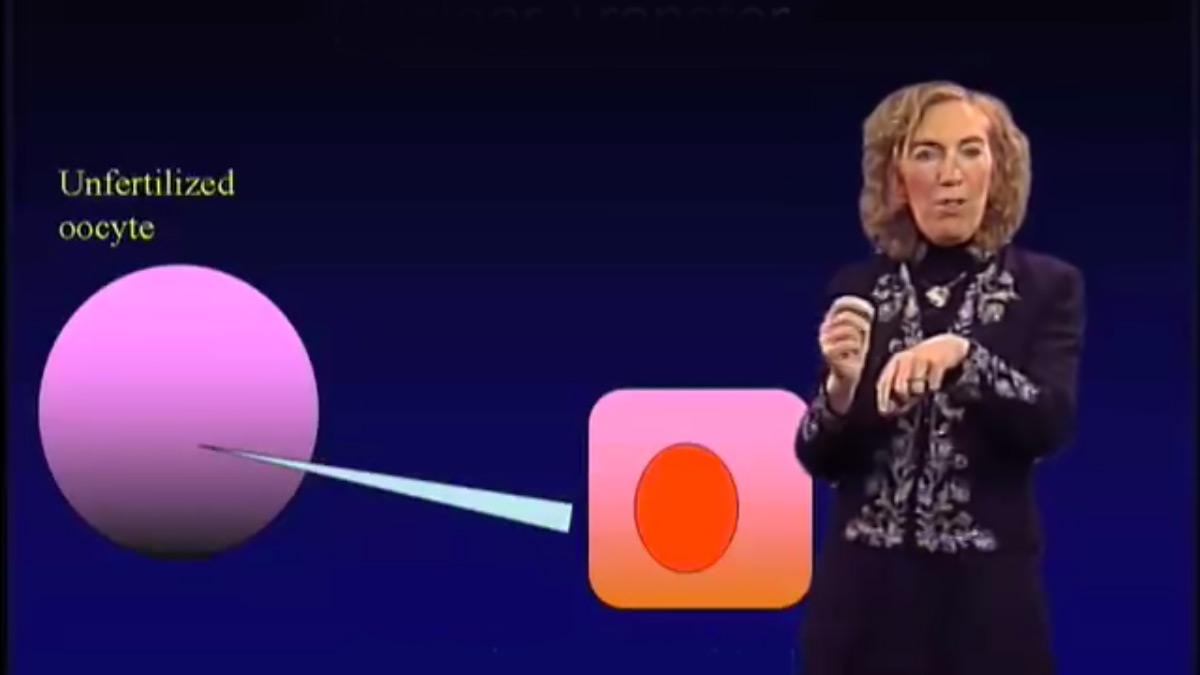
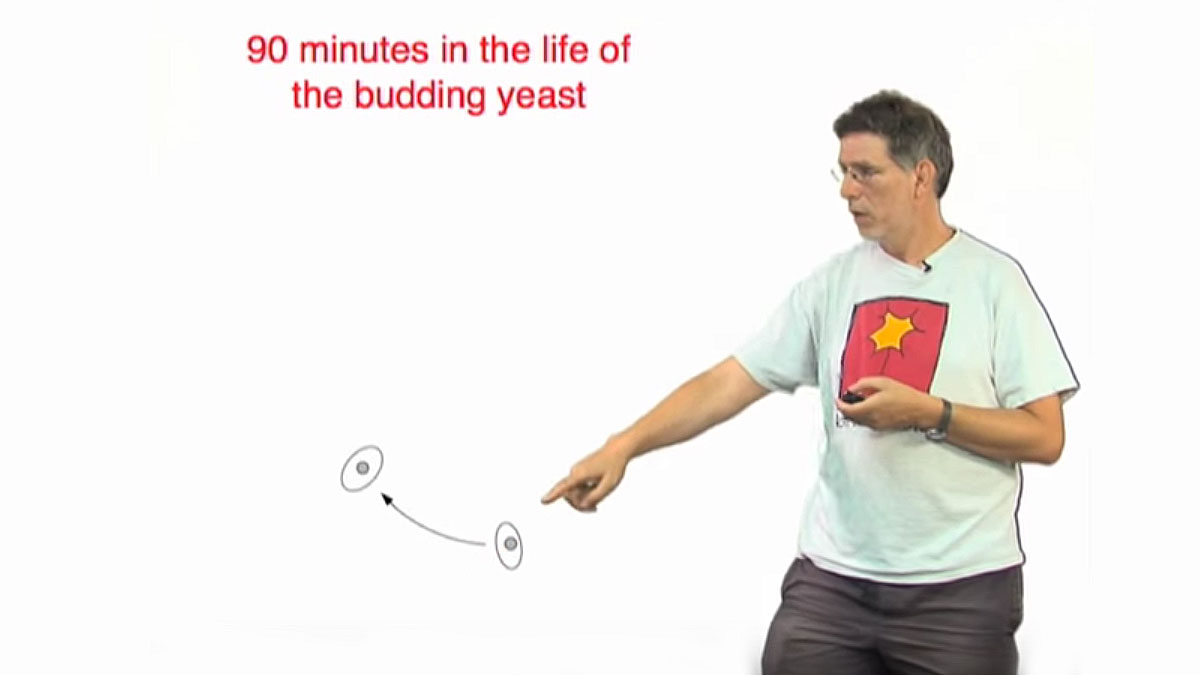
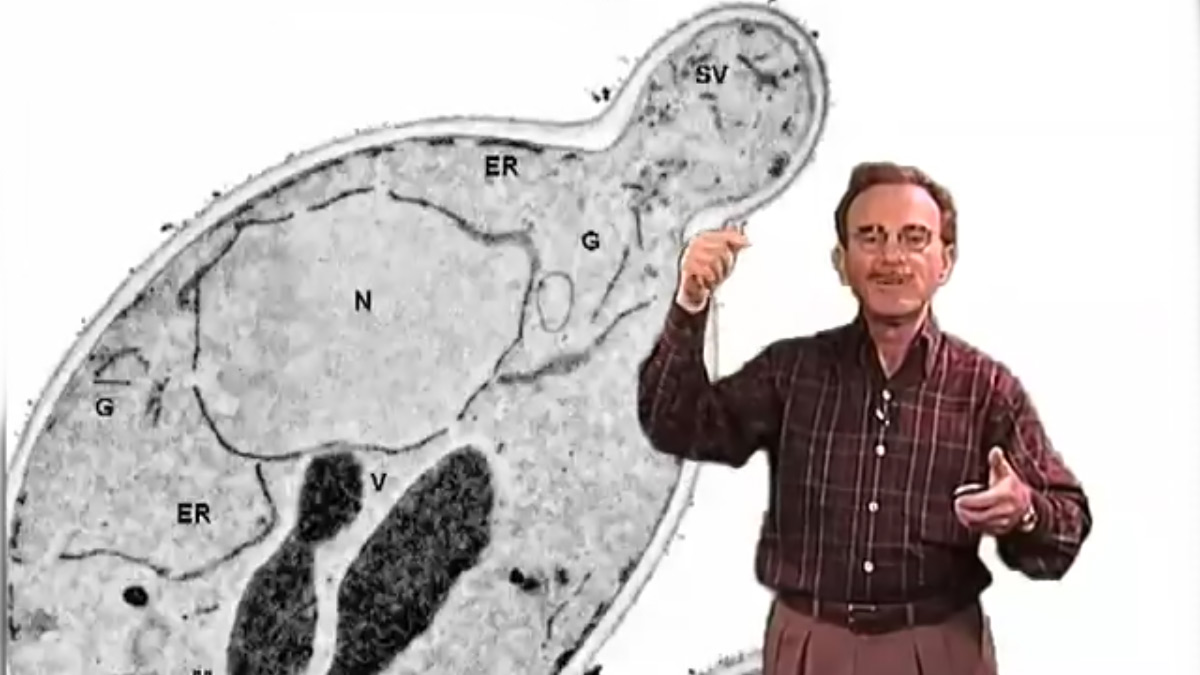




Leave a Reply